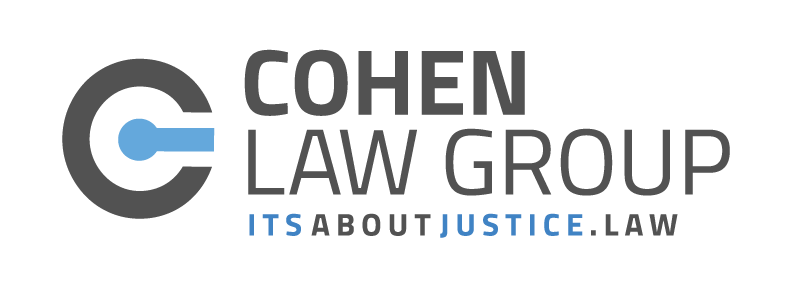There have been many times throughout my years of practice that I have been asked the question: “Can I sell my home while I am actively litigating my claim against my homeowner’s insurance company?” In short, the answer is, yes. However, recent legislative changes have created quite a stir as to whether or not this can still be done.
Prior to December 14, 2022, homeowners had four (4) options that were responsive to the question posed above, as follows:
- “The Unicorn Buyer” – This is not a legal term, it is just the way I like to describe this anomalous situation. Here’s how it would work! The selling homeowner would have to find a buyer who would like to essentially purchase the home with an active lawsuit or a pending insurance claim. Through an “assignment,” they would take over the lawsuit and the claim as their own. Most buyers will not be willing to do this a there are not many people willing to be put into the throws of litigation. It also creates a major hurdle as the seller would not be able to convey a clean title to the new buyer. Not to mention, there is the added issue surrounding the insurability of the home for the buyer as well. To successfully sell the property this way, the seller is likely limiting the pool of potential buyers to the ones interested in an all-cash sale who also don’t mind buying a lawsuit.
When Governor Ron DeSantis passed what is now Florida Statute 627.7152, the “The Unicorn Buyer” situation was seemingly abolished. The recent legislative change prohibits a policyholder from assigning any post-loss benefits of a residential or commercial property insurance contract issued or renewed on or after January 1, 2023. Therefore, assignment agreements may not be established for claims made under contracts subject to this new law. However, section 11(a) of the statute says in pertinent part that it does not apply to “An assignment, transfer, or conveyance granted to a subsequent purchaser of the property with an insurable interest in the property following a loss.” Hence, while it may be a stroke of luck to find one, “The Unicorn Buyer” can still be legally assigned the lawsuit and the ensuing claim.
The other three options are as follows:
- Replace/repair the damage out of pocket – The selling homeowner can move forward with making repairs or permanent replacement of the damage to the home before it is sold. It goes without saying that once the home is sold, the seller will no longer have a financial or insurable interest in the property. So, without ensuring that the rights to the financial and insurable interests are preserved before the sale of the home, the claim or lawsuit will be no longer viable. One of the best ways to preserve this interest is for the seller to monetize his by paying out of pocket to fix the damages. Be careful, however, as this can run into a destruction of evidence issue and the seller should seek advice on how to best complete the repairs in a way that will not thwart the case or claim. The seller must understand that if this is the chosen option, the lawsuit will carry on even after the home is sold and he will still have to be an active participant throughout the litigation process. There is also no guarantee that upon settlement of the claim, the seller will be awarded 100% of his out-of-pocket expenses.
- Diminution – “Diminution” is just a fancy word for reducing the sale price of the home. This option is tricky because essentially the seller would be relying on the temperature of the current real estate market. For example, consider the sale price of a home to be $250,000.00 with $20,000.00 worth of damage. The seller stands to net $230,000.00 from the sale once the damage is considered. That $20,000.00 between what the seller got versus the $250,000.00 that the seller could have gotten for the sale is his “damages” that would allow a lawsuit to proceed. This scenario may not work in a seller’s market where homes are being sold well above the asking price.
- Throw in the towel – If you are considering selling the home, there is nothing legally binding you to the case/claim. You can close it out by ceasing all efforts and letting the court or carrier know.
With all of the options presented, it is highly advisable that you speak to an attorney to ensure that you are choosing the option most suitable for your needs. Our Attorneys here at the Cohen Law Group are dedicated to answering any questions you may have. If you find yourself in a legal bind, call one of our experienced attorneys for a free consultation. We are ALWAYS happy to help!
DANA SATCHELL, ESQ.

